Notre parcours de développement durable
Notre parcours de développement durable
À partir de 2023, nous avons décidé de nous engager sur la voie d’une plus grande durabilité, conformément à la norme internationale du Global Sustainable Tourism Council. Ce système incite à évaluer la durabilité des structures non seulement du point de vue environnemental, mais aussi de gestion, sociale, économique et culturelle.
À l’Hôtel Moresco, nous nous engageons pour une amélioration continue de notre durabilité, à travers une augmentation des impacts positifs et une réduction des impacts négatifs générés par notre activité.
NOTRE ENGAGEMENT POUR L’ENVIRONNEMENT
- Utilisation de cartes électroniques dans les chambres au lieu des clés traditionnelles (domotique)
- Système de chauffage avec pompes à chaleur
- Isolation thermique du bâtiment
- Utilisation d’ampoules LED
- Présence de minuteries pour éteindre les lumières
- Fenêtres à double vitrage et équipées d’un système de protection solaire
- Élimination des bouteilles en plastique
- Distributeur d’eau disponible gratuitement pour les clients
- Détergents à faible impact environnemental
- Produits labellisés gestion forestière durable
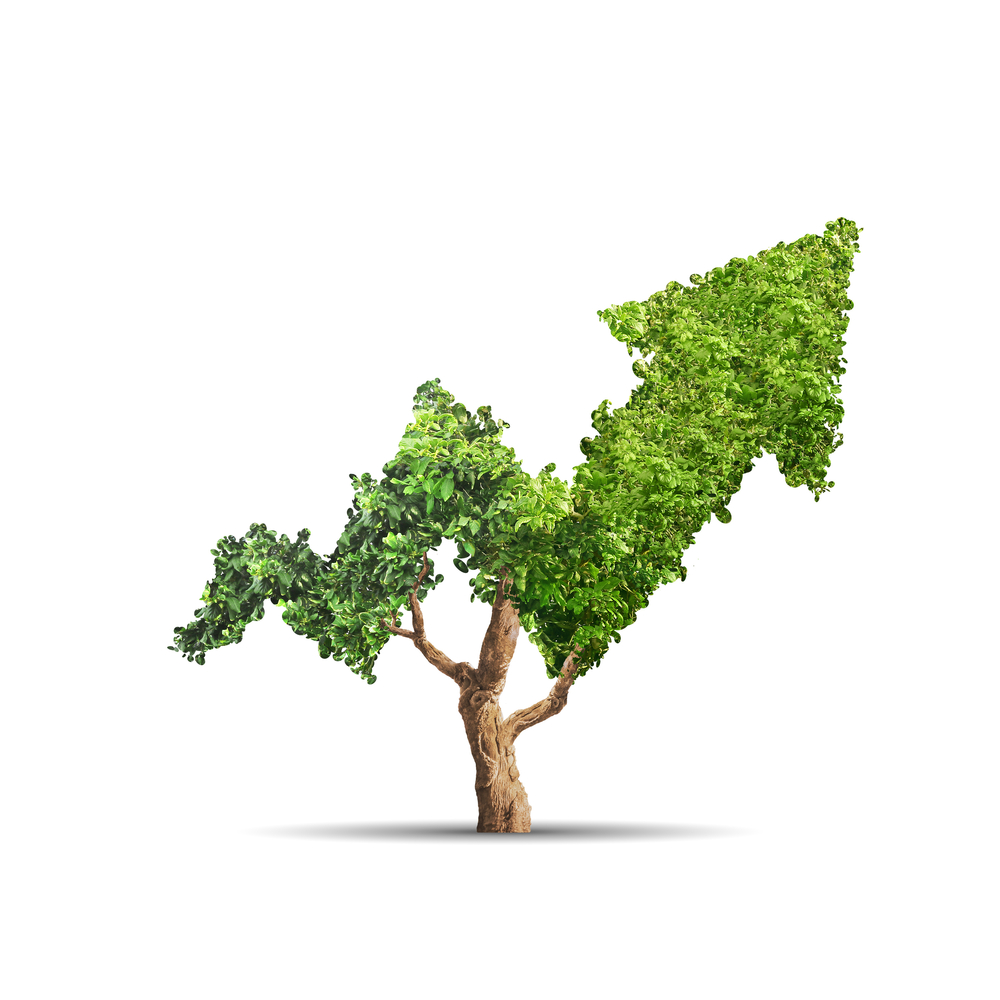
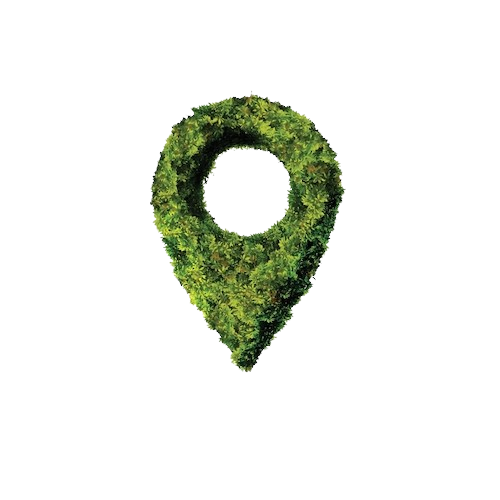
CHAÎNE D’APPROVISIONNEMENT LOCALE, DURABLE ET SOLIDAIRE
Notre établissement offre un service de petit-déjeuner et bar à cocktails. Nous essayons de donner de l’espace à l’offre du territoire en utilisant des produits locaux tels que :
- Pain de la boulangerie « Arte del Pane » avec siège dans la municipalité de Venise
- Vin Venegazzu rouge, Loredan Gasparini, produit vénitien d’excellence (TV)
- Café bio de Marosticana Café (VI)
- Miel produit localement, Apiculture G di Ape
En outre, plusieurs de nos prestataires de services ont leur siège dans la commune de Venise.
NOTRE ATTENTION POUR LA CONSERVATION ET LA PROMOTION DE LA CULTURE LOCALE
Le patrimoine historique et culturel de Venise accroît la valeur du territoire et doit donc être protégé et promu. Notre soutien à la culture locale se concrétise par la promotion de festivals musicaux qui permettent de revivre les œuvres du XVIIe siècle vénitien :
- Les concerts de l’Association des interprètes vénitiens
- Le spectacle Musique au Palais
- Les concerts des Musiciens vénitiens
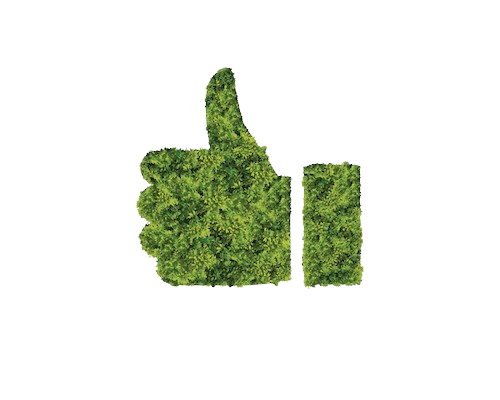
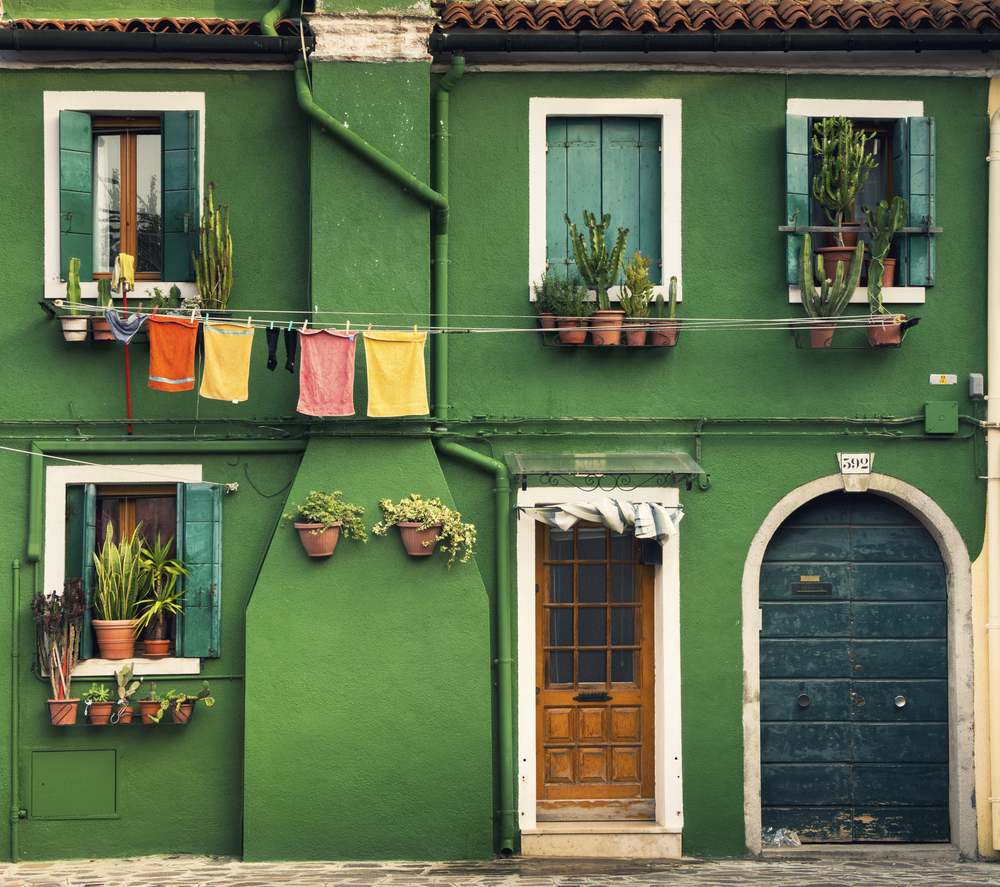
Les artisans vénitiens, gardiens de l’histoire millénaire de la Sérénissime, encore aujourd’hui avec leurs mains habiles et précieuses créent des merveilles. Pour cela, nous proposons des visites dans une verrerie à Murano avec démonstration de l’art du verre.
Nous sommes heureux de proposer des visites à l’un des plus importants Atelier de Burano de la Famille Bon qui, génération après génération, a savamment maintenu et développé l’art de la dentelle transmettant tout l’amour pour cette tradition.
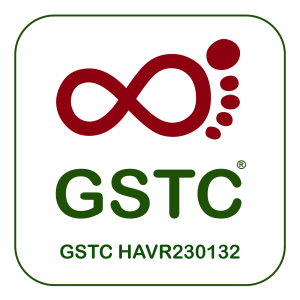
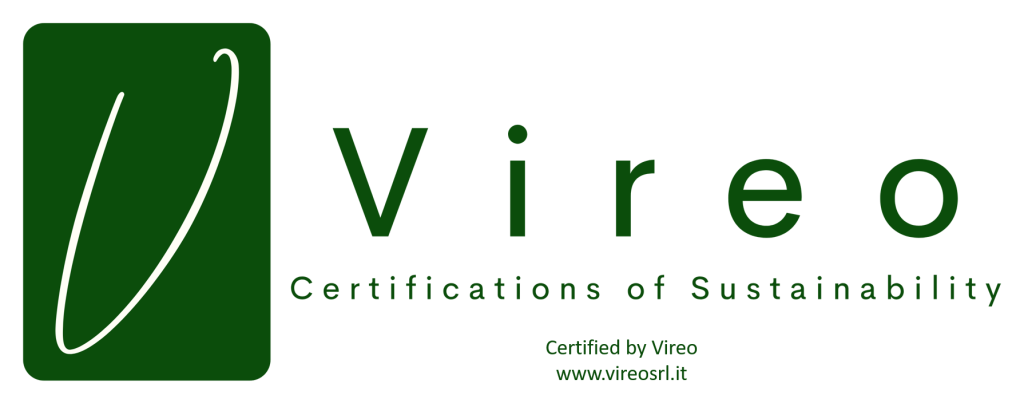
Hotel Moresco is committed to pursuing sustainability in all its forms. That is why we decided to have a code of ethics, which guides all our activities. Below are the fundamental principles of our code, which are derived from the 10 Principles of the UN Global Compact.
HUMAN RIGHTS
- Our facility respects human rights and employees are encouraged to report issues.
- Exploitation of human beings in any form, and in particular sexual exploitation, especially referring to children, is contrary to the fundamental objectives of tourism and constitutes a denial of it. As such, in accordance with international law, it is strictly opposed.
- Our facility rejects all forms of forced labor and the confiscation of the employee’s identity documents. Workers are allowed freedom of movement.
- Child labor is never allowed. The minimum age of employees is 16 or 15 under school-to-work projects. Employees under the age of 18 may not work the night shift or perform risky or heavy work.
- Our facility ensures that no Employee is discriminated against or mistreated because of gender, nationality, sexual identity, color, ethnicity or religious belief, disability, or sexual orientation. Diversity and equal opportunity are encouraged, including in career advancement.
- No one shall be subjected to corporal punishment, unlawful deprivation of liberty or physical, sexual, psychological or verbal abuse. Salary deductions used as a disciplinary measure are not allowed.
- Our facility respects the freedom of association of all Employees and their right to collective bargaining. All employees have full freedom to join a union and to appoint representatives to express their professional interests without fear of punishment, persecution or other forms of retaliation.
WORKING CONDITIONS
- A written contract is made for each employee, regardless of whether the employment relationship is temporary or permanent. The written contract shall at least contain information on working hours, notice period, salary, salary range, and overtime compensation.
- All employees shall receive a fair salary that covers a reasonable standard of living for the employee. This standard of living includes food, clothing, housing, medical care, social services and insurance. An allowance for overtime is paid.
- All employees receive a paycheck stating their salary, number of hours worked and any legal deductions, and overtime allowance, if applicable.
- The number of working hours and rest hours shall comply with national regulations.
- All employees are entitled to vacation pay, sick pay and paid parental leave.
- Our facility creates a healthy and safe working environment. Injuries and accidents are recorded, reduced and prevented.
- All employees have access to clean drinking water, toilets and a separate place for meals.
- Hazardous work is documented, and our facility pays for and provides employees with appropriate protective equipment. All areas are well lit, ventilated, and an acceptable temperature and noise level are maintained.
- If housing is offered, each employee is offered a suitable, clean bed with separate sleeping areas, toilets and showers for men and women.
- Our facility has satisfactory fire safety and evacuation procedures. All sites are equipped with fire alarms, fire extinguishers, and clearly marked and easily accessible evacuation routes and emergency exits. Fire drills are conducted regularly.
- All products and services provided comply with all legal standards for consumer health and safety. Our facility provides clear information on the content, safe use, maintenance, storage, and disposal of products and services.
ENVIRONMENT
- Our facility is committed to reducing its impact on the environment and public health and safety.
- Our facility is committed to undertaking an environmental sustainability program with measurable goals to improve environmental and public health and safety levels. The program includes information on chemical and hazardous materials management, waste management, energy consumption, water consumption, transportation and travel, and emissions to air, water and soil.
- Our facility has a risk management plan that prevents, reduces and controls serious damage to the environment.
- Suppliers of products containing minerals from conflict zones such as tin, tungsten, tantalum and/or gold are required to have a policy and procedure to ensure traceability of these minerals.
COMBATING CORRUPTION
- Corruption in all its forms, including but not limited to extortion, abuse of office, nepotism, fraud, and money laundering, are strictly prohibited.
- No one shall offer, promise, give or accept, directly or indirectly, any payment, gift or benefit in exchange for special treatment with the intent to facilitate a sale or receive a personal or business advantage.
- Our facility rejects any form of aiding and abetting mafia associations and complies with the Code of Anti-Mafia Laws and Prevention Measures.
- All potential conflicts of interest are avoided. Business decisions are not influenced by personal relationships and/or interests.
- Fair competition is respected. Market sharing, bid rigging and production restrictions are strictly prohibited.
- Our facility complies with laws against corruption. The adoption and reporting of internal control measures is encouraged.
- Our facility is committed to transparency. Systems are fostered to ensure accurate, regular, reliable and relevant information regarding its activities, structure, financial situation and business transactions.
Employees and guests are encouraged to report any issues to management. Any incidents ascribable to the aforementioned cases will be punished with the application of legal regulations and the exclusion of the collaborator.
Best practices for a sustainable holiday in Venice
Every moment of your holiday you can do something to make it more sustainable. Don’t worry, it’s not difficult! You will find below some useful information and good practices to keep in mind, both while you are in your hotel and during your visits, that can contribute to the health of our planet.
How shall I behave in Venice?
Some important indications for a correct and respectful behavior in this city that is as magical as it is fragile:
➡ The calli (streets) and bridges are charming but often narrow: remember to walk on the right and do not stand on bridges. In the city, it is also forbidden to circulate by bicycle, not even if hand-carried, nor with other cycles (it is only possible to hand-carry a bicycle between Piazzale Roma and the Venezia Santa Lucia train station, i.e. in the stretch between Piazzale Roma, the Ponte della Costituzione, the fondamenta Santa Lucia, Calle Favretti up to the Scalzi church. You can reach Lido and Pellestrina islands with your bicycle in tow on public transport).
➡ Monuments, steps of churches, bridges, wells, and banks are not picnic areas or relaxation areas: do not eat or drink while sitting or lying on the ground, on banks and foundations, monuments, bridges, steps, wells, high-tide footbridges. In particular, the area of St. Mark’s Square is a monumental site; you are not allowed to sit outside the designated spaces of restaurants and bars to consume food or drink. Please use the public gardens for this necessity, consult the map here:
Public Gardens – Comune di Venezia.
➡ Venice is a city of art: camping is not permitted, nor is going around shirtless or in a swimming costume, diving, bathing, or swimming in the canals. For beaches, you can visit the islands of Lido and Pellestrina (find more information here:
Beaches – Venezia Unica.
➡ Respect the environment and the artistic wealth: do not throw or abandon rubbish, do not vandalize with graffiti, drawings or padlocks, and do not feed pigeons and seagulls. Remember to separate waste, you can find more information here:
Waste separation guide – Veritas.
🌊 The high tide in Venice, also known as « Acqua Alta », can occur at different times throughout the year, usually during the fall and winter months, causing several inconveniences. This phenomenon is due to a combination of factors, including the moon’s gravitational pull, atmospheric pressure, wind, and the shape of the Venetian lagoon.
During high tide, the water can rise up to a few feet above the normal level and flood the streets. The city has put in place a system of mobile barriers called MOSE to protect against high tides. Nevertheless, that system is put into action only in certain circumstances.
👉 You can find the high tide forecast for Venice by checking the tide charts available on Il Bollettino della marea a Venezia or by downloading the app High Tide Venice – Hi!Tide:
High Tide Venice – Comune di Venezia,
High Tide Venice – App on Google Play.
How do I get to Venice? How can I get around?
Try to choose the means of transport with the least impact: if you can, reach your destination by public transport and leave your car at home, which is not necessary in Venice!
The best way to explore the city is definitely on foot. The most common and traditional means of public transport is the vaporetto (waterbus), which can take you along the canals, but also to visit other islands and explore the lagoon. Although they are often crowded, these means of transport are the cheapest alternative for getting around Venice (besides walking). Another option is the water taxi, which is more expensive but can be a faster alternative and can be reserved for specific routes or occasions.
Here you can find the waterbus timetable:
Waterbus timetable – ACTV.
👉 Hotel Moresco can be reached on foot in about 5 minutes from the bus stop in Piazzale Roma and in 10 minutes from the Venezia S. Lucia train station. We will be glad to give you the directions and all information according to your needs. We are able to reserve the porter service to help you carry the luggage, and we can arrange the transfer from the Venice airport.
How can I visit Venice if I have limited mobility?
The historic city of Venice has a network of pedestrian paths accessible to people with impaired mobility. To promote accessibility in the city, there are also dedicated facilities for people with impaired mobility on AVM/Actv public transport. On this page, you can find some itineraries designed for wheelchair users visiting Venice. For more information, visit the following page:
Accessible Venice – Comune di Venezia.
How can I limit my emissions while on holiday in Venice?
💡 Limit your energy consumption: turn off the light when you are not in your room, remember to close the window when you turn on the air conditioning, and do not leave electrical appliances on when you are not using them.
💧 Do not waste water: do not leave the tap running when you don’t need it, and ask to wash your clothes and towels only when necessary, not necessarily daily.
🚮 Produce less waste and dispose of it properly: avoid using disposable plastic products so as not to produce more waste, e.g. take a water bottle with you from home that you can fill up.
If some rubbish is impossible to avoid, do not abandon it in the environment, in the canals, or in the sea. Throw it in the dedicated areas where there are bins or dumpsters, respecting separate waste collection. If you do not find bins along your route or if they are full, leave no trace of your passage: take your waste back to the hotel and, why not, also those abandoned by others.
Limit emissions when you eat: Our food choices can have a significant impact on reducing pollution emissions. Meat and fish-based food production is responsible for the highest emissions. Remember to prefer local products—this applies to everything you purchase. Even better if the food is organic and in season.
Oasi Alberoni: a natural site protected by the WWF
Oasi Alberoni extends for 160 hectares protected by the WWF, located at the southern tip of Lido Island. The most wild beach in Lido is known for its white and grey sandy dunes.
The complex dune system started to develop in the 1800s and is home to a diverse ecosystem, including protected bird species such as the Kentish Plover and Little Tern.
For more information visit: https://www.dunealberoni.it/
How to get to the Oasi from Venice Piazzale Roma
Take the water-bus ACTV lines 1, 5.1, or 6.
When you arrive at Lido S. Maria Elisabetta, take the bus line A and get off at Alberoni.
Access: Piazzale Bagni Alberoni 30126 VENEZIA-Lido
For more information check the water bus schedule:
Water bus schedule – ACTV
How shall I behave in nature sites and protected areas?
- Do not abandon waste; throw it in the litter bins or take it home with you.
- Do not abandon cigarette butts, which, apart from being waste, could cause dangerous fires.
- Admire flowers, insects, eggs, plants, and fruit, but leave them where they are and do not pick them up.
- Respect nesting areas: do not pass through these areas, which are marked with signs or delimited, and do not plant your parasol or lay out your towel there.
- Do not disturb wildlife: if you see any animals, observe them from a distance and do not disturb them; lower your voice.
- Keep your dogs on a leash.
- Use bicycles only on designated roads.
- Choose to camp only in designated areas.
For more information visit:
https://www.dunealberoni.it/
Water bus schedule – ACTV


